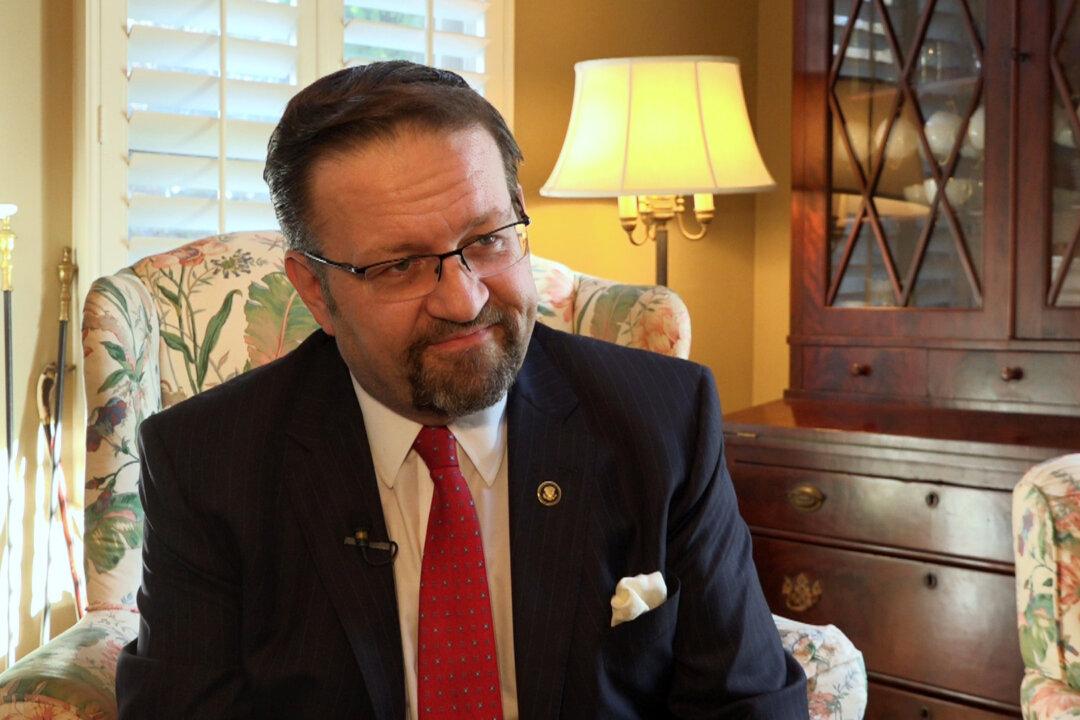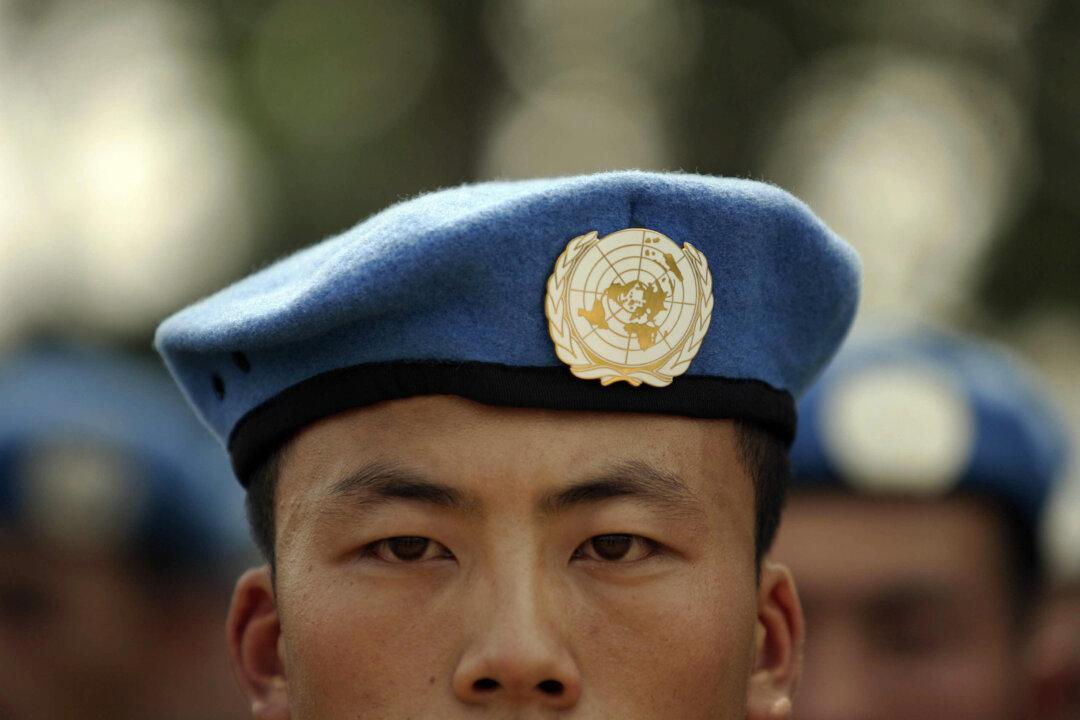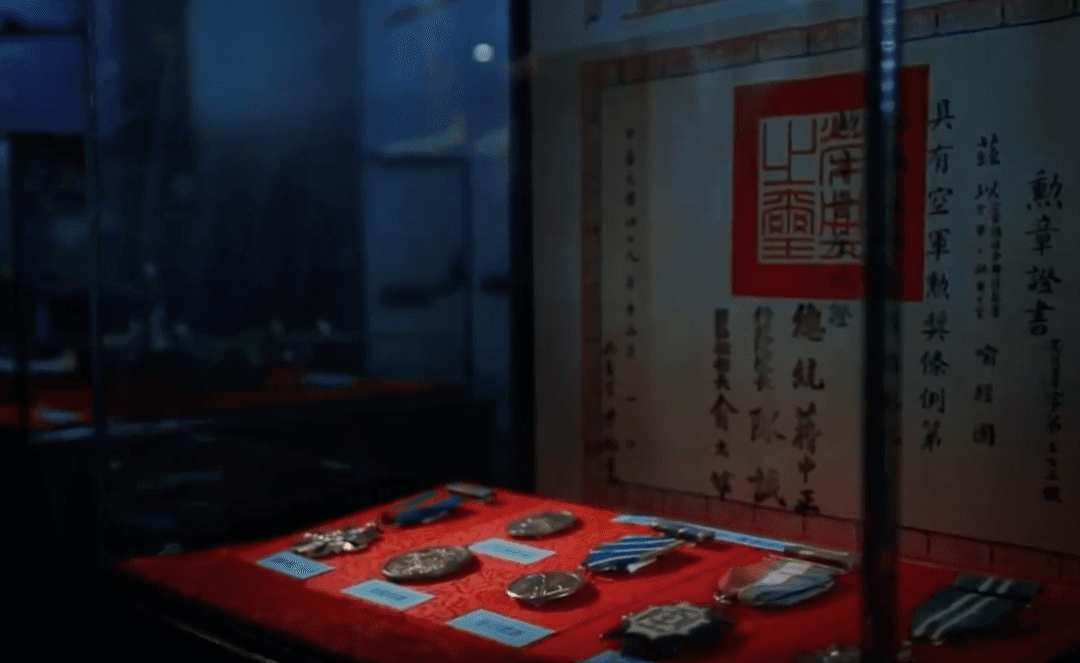WASHINGTON—Military and intelligence analyst Sebastian Gorka sat down with NTD’s Kitty Wang to discuss the U.S. National Security Strategy and the Department of Defense’s National Defense Strategy. In 2017 Gorka served as deputy assistant and strategist to President Donald Trump and is now a contributor to Fox News. NTD is part of the Epoch Media Group.
NTD: Why does President Trump’s strategy return to the focus of a great power competition, with reference to Russia and China, instead of terrorism?




